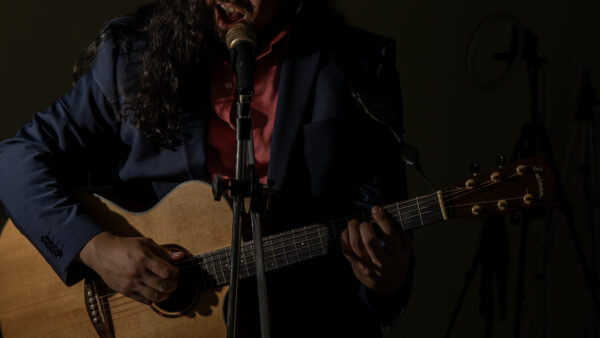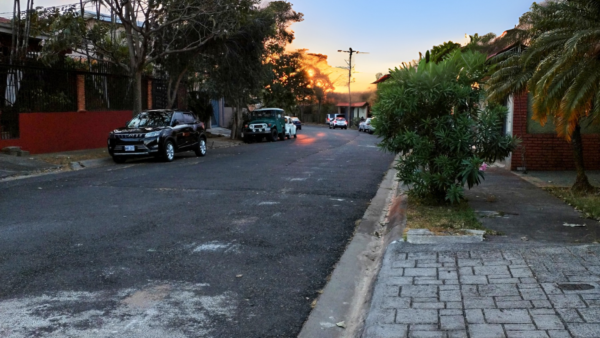We walk past the Catedral de Granada entrance towards the Moroccan section of the city to hail a cab. It’s busy. The chatter of tour guides in several languages echo off the stone buildings holding their respective groups in a trance as if they are reciting ancient poetry or offering life advice only the universe could hold. In my attempt to fight past the crowd I hardly notice a squat, old gypsy lady swiftly place a small juniper branch in the palm of my hand. She begins telling me my fortune and I glance over my shoulder to notice my partner in the same predicament I found myself. After a ten second reading of our prophecy they ask for 40 euros. We give them 6 or 7 euros, which seems excessive to me considering the exchange is for two, tiny evergreen branches. Suddenly, these sweet, old ladies speak in a sinister tone as they lean uncomfortably close to me, barricading me against a wall. The wicked gypsies promise to cast a harsh spell if we swindle them while pointing at my wallet. I, reflexively, retrieve the wallet from my pocket and show them the empty main compartment. Both gitanas smile with content and disappear into the horde of people. I hadn’t seen a Romani since I’d stepped foot in Spain three weeks ago. Yet, today, I am headed to the famed gypsy quarters. Although I may be a bit of a skeptic, a shiver ran through my body.
We took the short cab ride up the side of the mountain to grab lunch in one of the famous caves. I’d only heard about this wonderful place in Flamenco songs or while reading about the history of the area. These caves are where Muslims and Jews fled after the Christian conquest at the end of the 15th century. The remarkable Alhambra is visible across the valley. We climb up the steps to a tiny, picturesque restaurant with a table under the shade of grape vines. Antonio, the owner, is an elder Romani, dressed in attire from decades past. He is nothing like the con artists I encountered earlier that morning. The kind gentleman serves your tapas and talks to you like an old friend that’s visiting on vacation. Without cell service, you sink back and let the sounds of Flamenco take you back to another time.
Trevor Davis is a musician, writer, filmmaker, and cidriculteur traveling the globe teaching the importance of cultural immersion and connecting with artists along the way.





